
In the legal and political worlds, advocacy means standing up for people with particular needs, going to bat for them, especially for those who because of some privation—usually economic, sometimes educational or cultural—cannot advocate for themselves. In the worlds of religion, recovery, or end of life attention, the word is care: the Care Group, the Caring Bridge, Hospice Care. The task is the same: to advocate or care for those who in whatever area of their lives need a person or institution genuinely on their side.
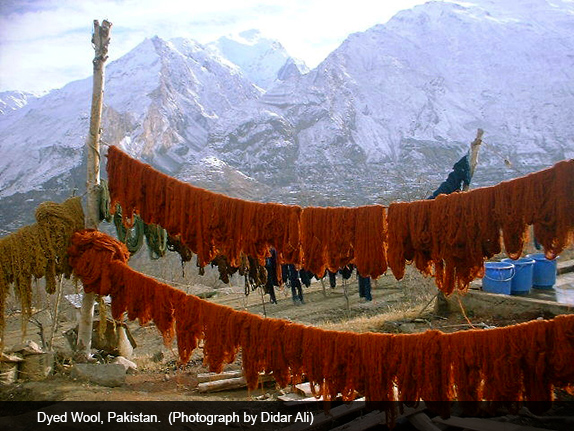
A governor should be an advocate for the wellbeing of a state and its people, not prioritize her personal political aspirations, or pander to big business in neighboring states. A mayor should advocate for his or her city—the profound and ongoing needs of its people rather than the immediate gratification of commercial developers. Union officials should advocate for the workers they represent. Religious leaders should advocate for their parishioners, not hold them up to impossible standards or—worse—abuse the most vulnerable among them.

A school district’s superintendent should, first and foremost, be an advocate for children and their educational processes, not a figurehead with a six-figure salary and suspect behavior. Police should be advocates for those who need their protection. They shouldn’t make a habit of shooting first and asking question later. A doctor should be an advocate for his or her patient’s wellness, rather than an easy mark for the pharmaceutical companies with their endless rollout of unproven, often dangerous, medications. A doctor can be an advocate only if he or she listens to the patient and considers the whole person. The regulation 10-minute visit isn’t enough.
But then, of course, a president should be an advocate for a country’s citizens. Elected legislators, from whatever political party, should be advocates for progress, not funnels of “extras” to their respective states. A high military command should be an advocate for defense, not offense based on lethal might. And the highest court in the land should advocate for justice. Sadly, none of this is modeled in the United States today.
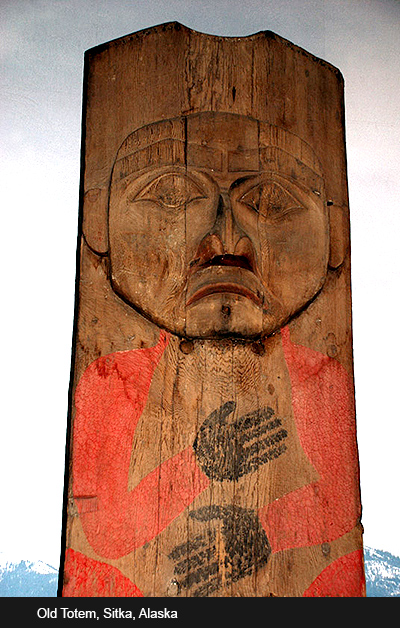
Generals and other military officials are fond of mentioning their advocacy of democracy, bringing it even to those who don’t ask for or want the model. They like to talk about their role in protecting national security. Yet our military’s ongoing accidental killing of civilians does nothing to promote democracy. And no scientific national security assessment shows we are safer because of the draconian spy programs our government has designed and unleashed against people around the world, as well as against its own citizens.
Advocacy, very simply, means caring about those with whose wellbeing we are charged. Here in New Mexico, now the fiftieth state in the union in all matters economic and social—the most inadequate healthcare, the lowest educational levels and highest rates of hunger, job insecurity, homelessness and unattended mental illness— it should mean raising people out of poverty, providing them with a good public education, healthcare, adequate shelter and food, job opportunities and legitimate hope.

It shouldn’t be hard to advocate for the poor. For the vulnerable. For the ill. For those forced to live on the streets. For children. It only takes compassion, humility, altruism, creativity, and the ability to engage a team of individuals with similar qualities. Unfortunately, and although all these qualities have long been evident throughout our population, they are neither valued nor applauded in contemporary US society. As long as one-upmanship, individualism, deception, greed, and violence are seen as the way to get ahead, these are the models we will continue to pass from one generation to the next. We can make all the pretty speeches we want. It’s our actions that matter.
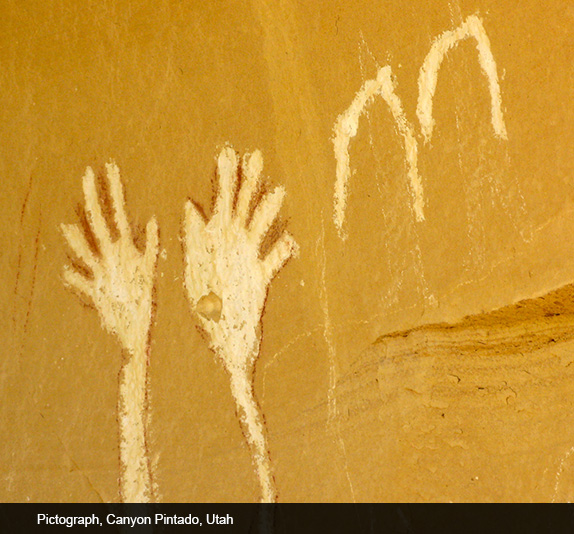
Somehow, between the beautiful promises uttered by those vying for one position or another and the actual job of making good on those promises, something too often goes terribly wrong. Winning candidates feel obligated to the money interests that put them in office; allowing money to be central to election campaigns is the easiest way to distort them. Officials give a little away here, repay a bit of support there, and before we know it have strayed so far from their stated principles that these are long forgotten.

From secretaries of education down through the administrators of school systems and the teachers trapped in their macabre machinations, are all judged by numbers: test scores, retention and percentage of graduates; not by teaching students to think, to invent, to be creative. Urban officials are judged by lavish public “works” rather than by their overall vision, ability to reduce waste, recycle what can be reused, make a city work better or become a healthier environment. Doctors are too often judged by how many prescriptions they can sell, rather than by the less quantifiable measure of keeping people well.
Advocacy is not charity. Nor is it trickle-down. It shouldn’t be condescending. It should create programs and systems that make it possible for people to help themselves; giving them the tools, opportunities, and economic push necessary to their success.
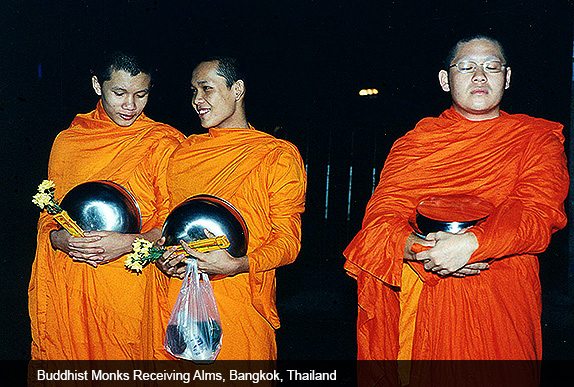
Real advocacy is rare these days, and only getting rarer. It is so easy, after all, with the models we have, to connive a bit here, to cover up a bit there, to fudge a bit over there. Perceived responsibility to backers and cohorts pushes past a genuine responsibility to constituents, flock, students, clients, patients, union membership, neighbors and even family.
But real advocacy exists. It is there if we choose to notice. It has ceased to be the province of the powerful—power itself often proves its downfall—and resides instead in the man who refuses to fight and kill but chooses instead to serve and protect. It resides in the woman who has learned how to say no in a milieu of yes, and works to teach others necessary resistance.
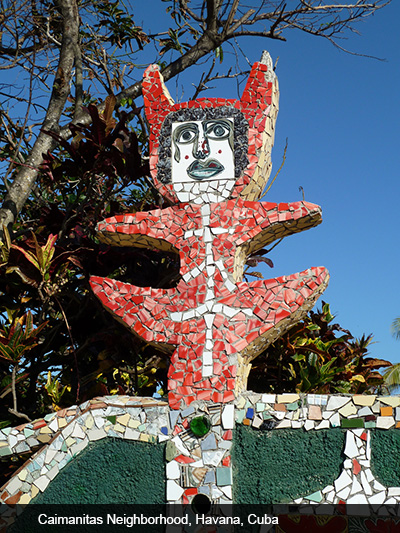
Real advocacy resides in the child who, like the Pakistani advocate for girl’s education, Malala Yousafzai, survived a cowardly attack at the hands of a criminal opponent and rededicated herself to her cause. It is in the underpaid public school teacher who puts her students’ education first, despite constant pressure to give up. It is in the healthcare worker who charges by a sliding scale. It lives in the whistleblower—most maligned of all our current heroes—who chooses prison over obedience to fallacious law. It is in the honest businessperson, who gives value for service. When we come across real advocacy or genuine service, we often look upon the person who practices it as unusual. We feel immensely grateful for acts that should be the norm. This is a sad commentary on the values we have come to accept.
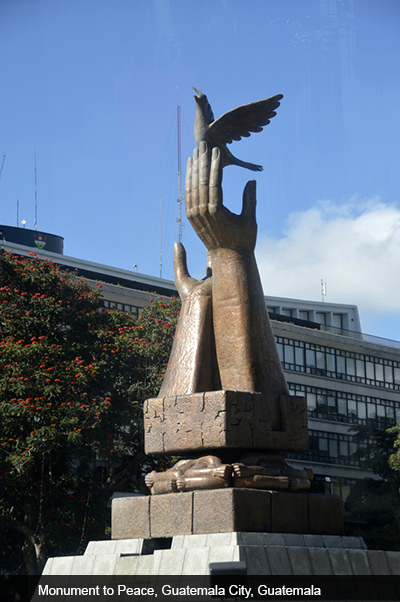
Govern, not manipulate. Teach, not mold by rote memorization. Heal, not dispense short-term relief. Produce something real, not the sleight of hand that passes for service in a nation that is straining at the seams of decency.
Real advocacy is more about making a real difference than about a litany of overused terms such as free market, capitalism, socialism, governmental oversight, national security, pro-life, or democracy. Unless they are backed up by action, these are words that mean vastly different things to different people. The labels can be endlessly reinvented and just as easily distorted.
The greatest advocacy of all right now would be advocacy for the earth: for our atmosphere, water, and food. For our future.
Our greatest collective failure, perhaps, is our ongoing inability to put the good of all above the greed of a few.


December 04, 2013